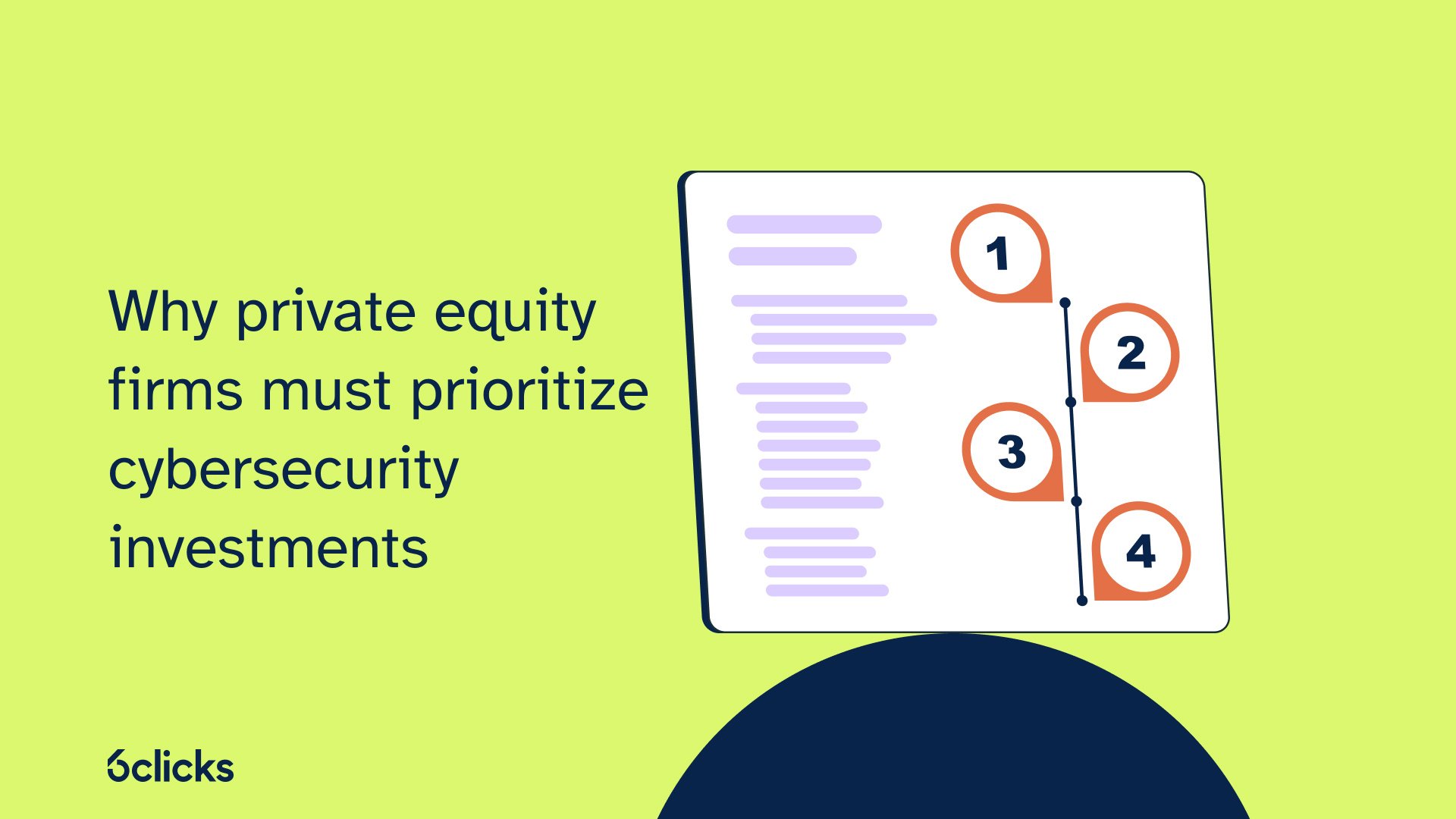
In a striking incident that sent shockwaves through the financial sector, the notorious cybercrime group known as Florentine Banker executed a sophisticated attack that resulted in a staggering loss of $1.3 million from three unsuspecting private equity firms. This breach, accomplished through clever social engineering tactics, underscores the acute vulnerability of private equity firms to cyber threats and highlights the imperative need for robust cybersecurity measures.
Private equity firms are treasure troves of sensitive personal and financial data, making them prime targets for cybercriminals. This reality mandates a proactive approach to enhancing cybersecurity culture and technology within these organizations to safeguard their valuable assets.
Understanding the cyber threat landscape for private equity firms
A 2022 Data Breach Investigations Report by Verizon reveals a disturbing trend: "The financial sector continues to be victimized by financially motivated organized crime, often via phishing, hacking (use of stolen credentials), and malware (ransomware)."
Common cyber threats faced by private equity firms
-
Ransomware: With vast quantities of sensitive data, including bank account numbers and personal information, private equity firms are frequent ransomware targets. Attackers not only demand hefty ransoms but also threaten the trust and reputational standing of these firms.
-
Spyware: This malicious software stealthily gathers critical data such as passwords, financial details, and private market insights, posing a severe threat to security and confidentiality.
-
Phishing: Tailored phishing scams, where cybercriminals use gathered information to craft seemingly legitimate requests, are particularly effective against private equity firms. These attacks can lead to significant financial losses and data breaches.
Why robust cybersecurity is non-negotiable for private equity firms
-
Protecting sensitive data: The mishandling of sensitive information, ranging from investor details to confidential transaction records, can lead to dire consequences, including financial losses, lawsuits, and damaged reputations.
-
Mitigating risks from portfolio companies: Often, smaller companies in a private equity firm’s portfolio may lack sophisticated cybersecurity defenses, making them weak links in the security chain. By fortifying their cybersecurity posture, private equity firms not only protect themselves but also enhance the security of their portfolio companies.
-
Navigating the increasing frequency of cyber attacks: As noted by the World Economic Forum, improving security measures can significantly reduce both the likelihood and impact of cyber incidents. The surge in cyberattacks since 2020, particularly in data-sensitive sectors like private equity, calls for urgent and comprehensive action.
Building a comprehensive cybersecurity strategy for private equity firms
-
Access controls and password management: Implementing strict access controls ensures that sensitive information is only accessible to those who truly need it. Effective password management further secures access points, minimizing the risk of unauthorized access.
-
Backup and disaster recovery: A robust backup and disaster recovery strategy is crucial to minimize downtime and ensure quick recovery in the event of a cyberattack, preserving business continuity and stakeholder confidence.
-
Advanced antivirus solutions: Modern threats require next-generation antivirus solutions that are regularly updated to combat evolving cybersecurity challenges.
-
Network monitoring: Continuous monitoring of network activity enables firms to detect and respond to threats swiftly, preventing potential breaches from escalating into full-blown disasters.
-
Employee cybersecurity training: Educating employees about cybersecurity best practices is vital. Awareness training helps employees recognize and respond to security threats, particularly sophisticated phishing and social engineering attacks.
Conclusion
In today’s digital age, the question is not if a private equity firm will be targeted by cybercriminals, but when. Proactive investment in cybersecurity is not just a protective measure but a strategic imperative that safeguards the firm’s future, maintains investor trust, and ensures regulatory compliance. As the financial stakes and sophistication of cyberattacks continue to rise, the commitment to robust cybersecurity protocols becomes more crucial than ever.
Learn more about simplifying cybersecurity, risk, and compliance for portfolio managers or explore choosing the right risk and compliance software for private equity.


